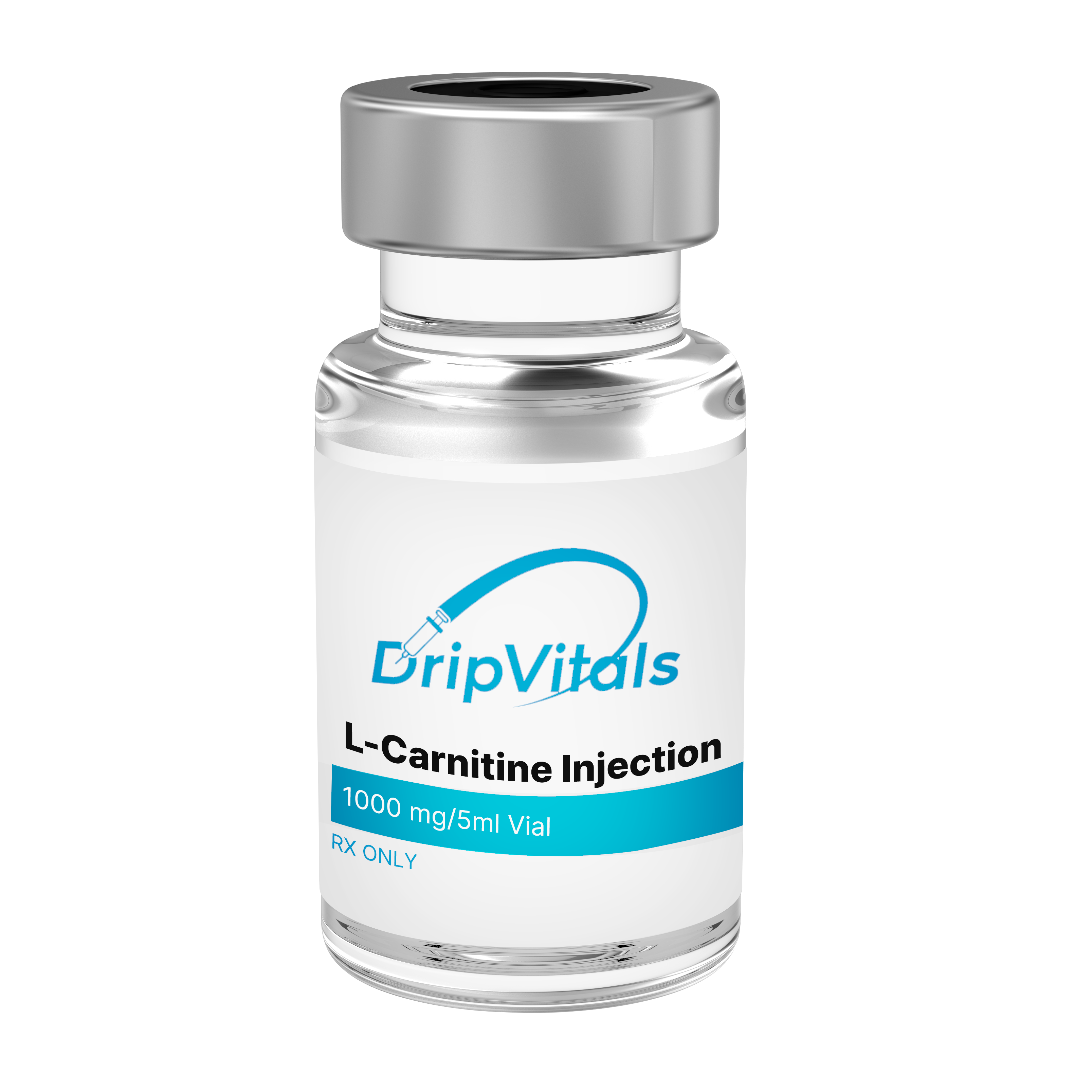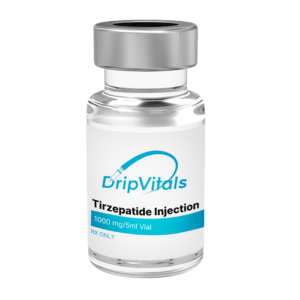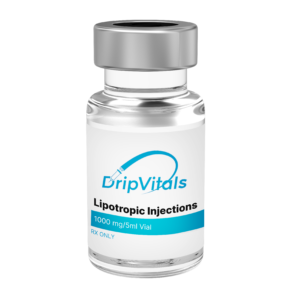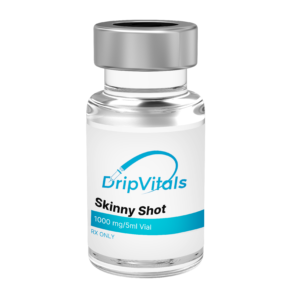Injecting L-carnitine is used primarily to enhance physical performance and aid in weight loss by improving metabolism. L-carnitine, a naturally occurring amino acid derivative, plays a crucial role in the transportation of fatty acids into the mitochondria, where they are burned for energy. This process not only helps to increase energy levels during exercise but also aids in burning fat more efficiently. Moreover, some studies suggest that L-carnitine injections can improve endurance by reducing the buildup of lactic acid, which is often a limiting factor during high-intensity exercise. Thus, L-carnitine injections are popular among athletes and individuals looking to optimize body composition and performance.
The effectiveness of injectable L-carnitine compared to its oral form can vary based on several factors, including absorption rates, intended use, and individual body chemistry. Injectable L-carnitine is often considered more effective for certain purposes because it bypasses the digestive system, potentially leading to better and quicker absorption into the bloodstream. This direct method can be particularly beneficial for those seeking immediate effects such as enhanced athletic performance or increased fat metabolism during exercise.
On the other hand, oral L-carnitine is typically sufficient for general health purposes, including supporting metabolic health and energy levels. It’s also more convenient and usually safer, as it carries a lower risk of side effects compared to injections. Oral supplements are widely available and can be easier to incorporate into a daily routine.
Choosing between injectable and oral L-carnitine depends on the specific health goals, convenience, and advice from a healthcare provider, as both forms have their advantages and considerations.
Yes, injectable L-carnitine typically requires a prescription. This form is considered a medication and must be administered under the guidance of a healthcare provider. Injectable L-carnitine is used for specific medical conditions and scenarios where its efficacy and monitoring are important. Obtaining it through a prescription ensures that a healthcare professional has evaluated its suitability for your particular health needs and can provide instructions on how to safely administer the injection. It’s important to consult with a healthcare provider before starting any new treatment, including injectable L-carnitine.
The frequency of L-carnitine injections should be determined by a healthcare provider based on your individual health needs and goals. Typically, the dosage and frequency can vary depending on the reason for the treatment—whether it’s for improving metabolic functions, aiding in weight loss, enhancing physical performance, or treating a specific medical condition.
For instance, in the context of enhancing athletic performance or aiding in weight management, L-carnitine injections might be administered several times a week. However, for medical conditions that involve L-carnitine deficiency, the frequency could be different.
It’s essential to follow the guidance of a healthcare professional who can tailor the treatment plan to your specific circumstances, monitor your progress, and adjust the dosage or frequency as needed to ensure safety and effectiveness. Always consult with your doctor before starting any new treatment regimen.
Yes, you can take L-carnitine with coffee. In fact, combining L-carnitine with coffee might enhance its fat-burning effects because caffeine in coffee can increase metabolism and fat oxidation. This combination is often popular among athletes and those seeking to boost their energy levels and performance.
While L-carnitine is linked to fat metabolism, research doesn’t definitively show it aids weight loss. Doses range from 500mg to 4,000mg daily, but studies haven’t shown significant weight loss compared to a healthy diet and exercise. Speak to a doctor before considering L-carnitine, as they can assess your situation, check for medication interactions, and recommend a safe dosage if appropriate for you. Focus on sustainable weight loss methods like diet and exercise first.
Does L-carnitine suppress appetite?
To determine if L-carnitine is effective, you should look for noticeable changes in areas targeted by the supplement. If you’re using L-carnitine to enhance physical performance, an increase in endurance and energy during workouts can be a good indicator. For those using it for weight management, a reduction in body fat or an easier ability to engage in prolonged physical activity might suggest it’s working. Additionally, improvements in overall metabolic health, such as more stable energy levels throughout the day, could also indicate effectiveness. Monitoring these changes over a period, ideally with the guidance of a healthcare provider, will help you assess whether L-carnitine is having the desired impact on your health goals.
L-carnitine itself is not commonly associated with significant effects on sleep. Its primary role is to aid in the metabolism of fatty acids into energy, which generally doesn’t directly influence sleep patterns. However, the timing of when you take L-carnitine could potentially affect sleep, especially if taken late in the day. Because it helps increase energy levels, taking it close to bedtime might lead to difficulties falling asleep for some people, particularly those who are sensitive to changes in their energy levels.
Moreover, if L-carnitine is combined with other supplements or stimulants like caffeine, which is common among athletes or in weight loss supplements, it could indeed affect sleep. Caffeine, known for its stimulant properties, can disrupt sleep patterns and delay sleep onset.
Therefore, if you’re considering taking L-carnitine and are concerned about your sleep, it might be best to take it earlier in the day. Always consult with a healthcare provider for personalized advice, particularly if you have existing sleep issues or are sensitive to supplements.
Taking L-carnitine without engaging in regular workouts might not yield the same benefits as when it’s combined with exercise, especially regarding physical performance and fat metabolism enhancements. L-carnitine’s primary function in the body is to transport fatty acids into the mitochondria for energy production. This process is most effective when the body’s energy demands are increased, such as during physical activity.
Without exercise, you might not see significant changes in weight loss or improved endurance, which are common benefits associated with L-carnitine in active individuals. However, L-carnitine may still provide some health benefits, such as supporting metabolic health and possibly aiding in the prevention of mitochondrial dysfunction.
Overall, while L-carnitine can still be beneficial without exercise, the most pronounced effects are typically observed when it is part of an active lifestyle that includes regular physical activity.
L-carnitine’s duration in the body depends on several factors, including the dose taken, the individual’s metabolism, and overall kidney function, which plays a role in excreting the substance. Typically, L-carnitine has a half-life of about 2 to 3 hours in healthy adults, meaning half of the dose is metabolized and eliminated within this time frame. However, its effects can last longer as it is stored in the muscles where it is used.
The complete elimination of L-carnitine can take much longer, generally around 24 hours, depending on the body’s efficiency in processing and excreting it. Kidney function is crucial in this process, as L-carnitine is predominantly cleared by renal excretion. Therefore, those with impaired kidney function might have a longer duration of L-carnitine in their system. Always consult with a healthcare provider for advice tailored to your specific health condition and usage of supplements like L-carnitine.
L-carnitine is often associated with a potential to boost metabolism, primarily because it plays a crucial role in the energy metabolism of fats. It helps transport fatty acids into the mitochondria, the cells’ “powerhouses,” where these fats are burned to produce energy. By facilitating the more efficient burning of fats, L-carnitine can help optimize the body’s energy production processes, which might lead to an increased metabolic rate, particularly during exercise.
However, the extent to which L-carnitine can speed up metabolism when not accompanied by physical activity is less clear. Studies have shown mixed results, with significant metabolic boosts generally observed in those who combine L-carnitine supplementation with exercise routines. It’s not typically considered a standalone solution for increasing metabolic rate, but rather a supplement that can enhance the metabolic and energy benefits derived from physical activity. Therefore, while L-carnitine might support a slightly enhanced metabolic rate through improved fat metabolism, expecting significant changes in metabolic speed without accompanying lifestyle adjustments may not be realistic.









Reviews
There are no reviews yet.